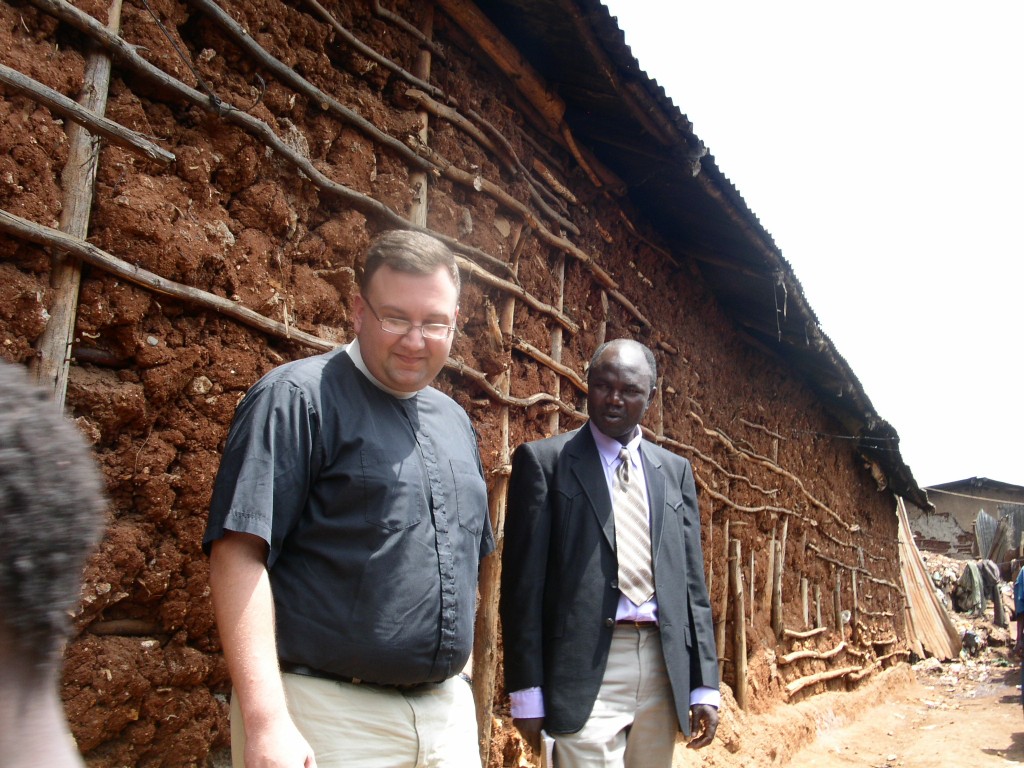I started this discussion by mentioning Leonard Sweet’s book about post modern pilgrims and the idea of an experientially motivated spirituality. We can talk till the cows come home about that and how it effects the church. It is in everything from how we receive the Lord’s Supper to the concept of ‘praise services”. I also think that it is possilbe to think too much. But this discussion is important because it truly effects our ‘life together’ and sometimes it effects our ‘witness’.. Here is a bit more from Missio Dei vol 3.1 Feb 2012. These are remarks by the editor Greg Mckinzie.
The question is not abstractly about missions that are short in duration. It is, instead, about the particular practice among Western churches popularly labeled STM. There is a bundle of beliefs, assumptions, and practices that give shape to the STM movement at present. Though something of a generalization, some of the most essential characteristics are: an orientation toward “results” of a certain kind, a high degree of populism, a strong concern for the self, and a romantic view of cultural difference.
These characteristics tend to govern implicitly the discussion of STM’s pros and cons. Thus, some might construe the debate in this way: although cultural difference is a challenge, it is not a major problem (romantic view); although a short-term project might not have a long-term effect on the receiver, it will forever change the life of the goer (self-orientation); although it is not possible to engage in truly relational ministry in the short term across cultural and linguistic barriers, it is possible to “make an impact” that results in believers, buildings or bandages (results-orientation); although a participant may be unequipped in many ways, he or she is still obliged to fulfill the Great Commission (populism). These perspectives tend to intersect and self-perpetuate in a variety of ways. For example, if cultural distance were such a major issue (romantic view), God would not have commissioned average “real people” to preach to the nations (populism). Or, this experience (self-orientation) is about forming long-term missionaries who can make the most of short-term results (results-orientation).
So congregations and individuals need to do some soul searching as to why they go on these things. Is it primarily about us, them, or God? Here is a picture that I found in my files of Rev. Bart Day who is now the Executive Director of Life Together for the LCMS with David Chu Chu the projects director for the Evangelical Lutheran Church in Kenya. Was Rev. Day there on an STM? Was it a fact finding mission? Was it to orient Rev. Day to the wider world picture and the body of Christ? Is there a difference?


